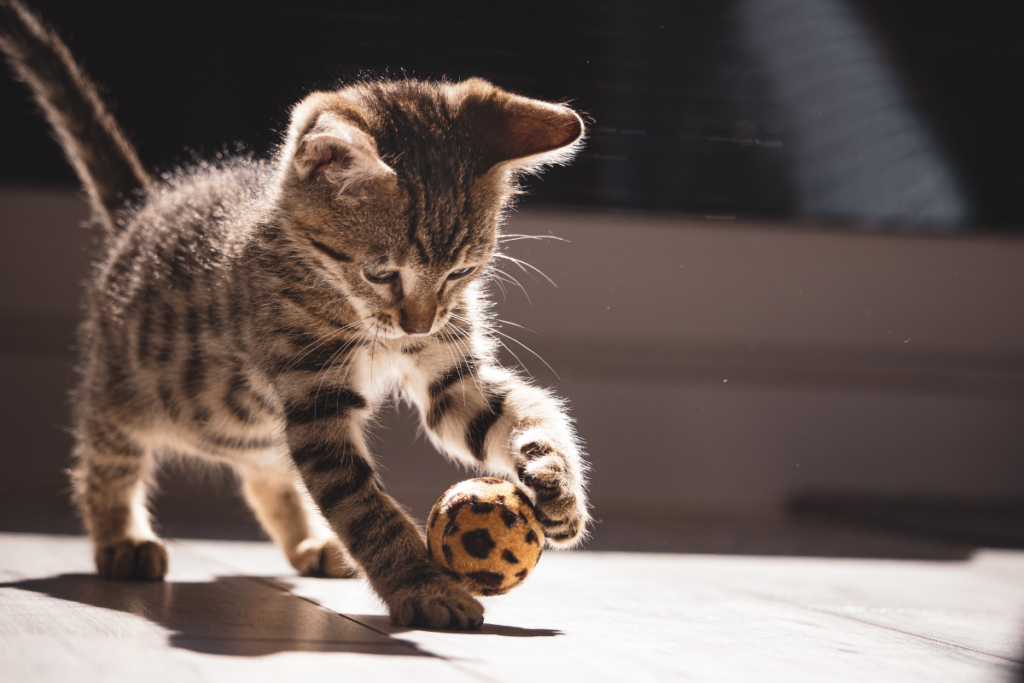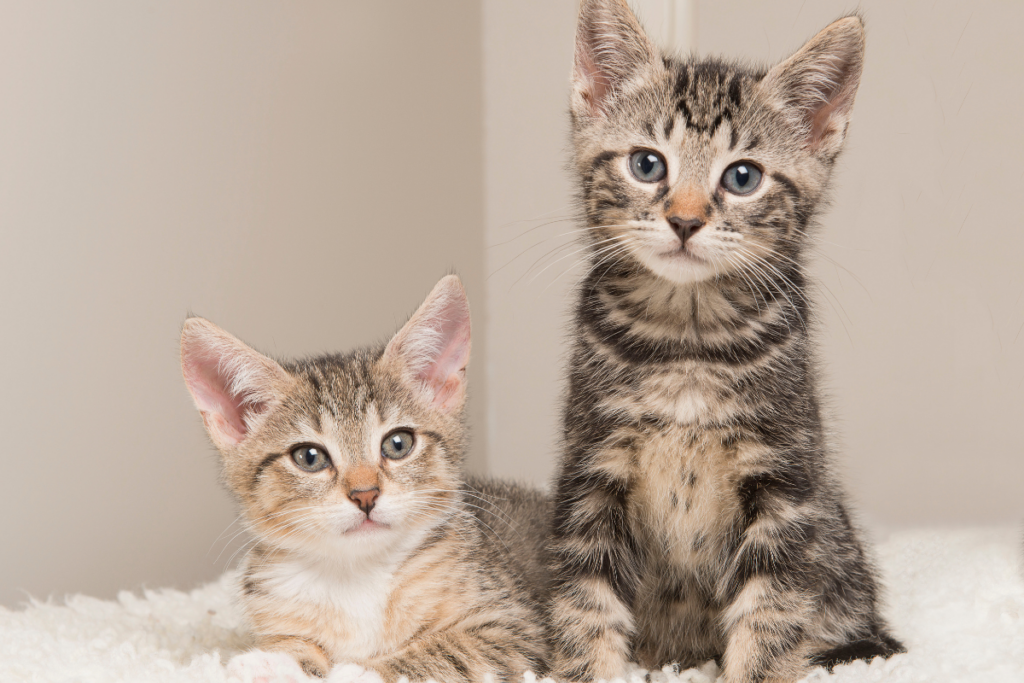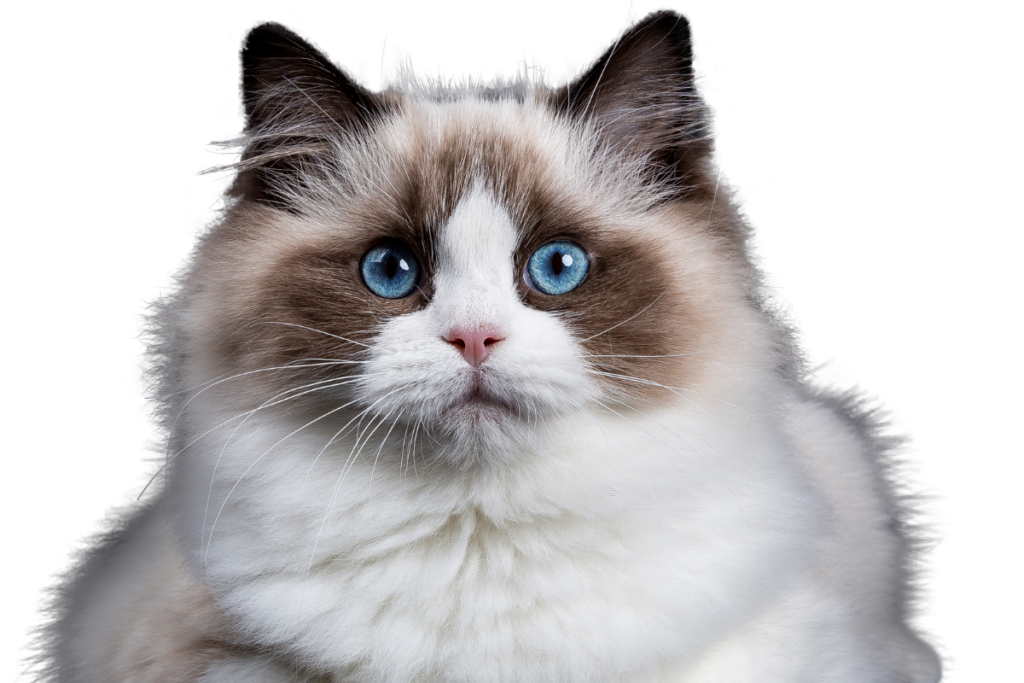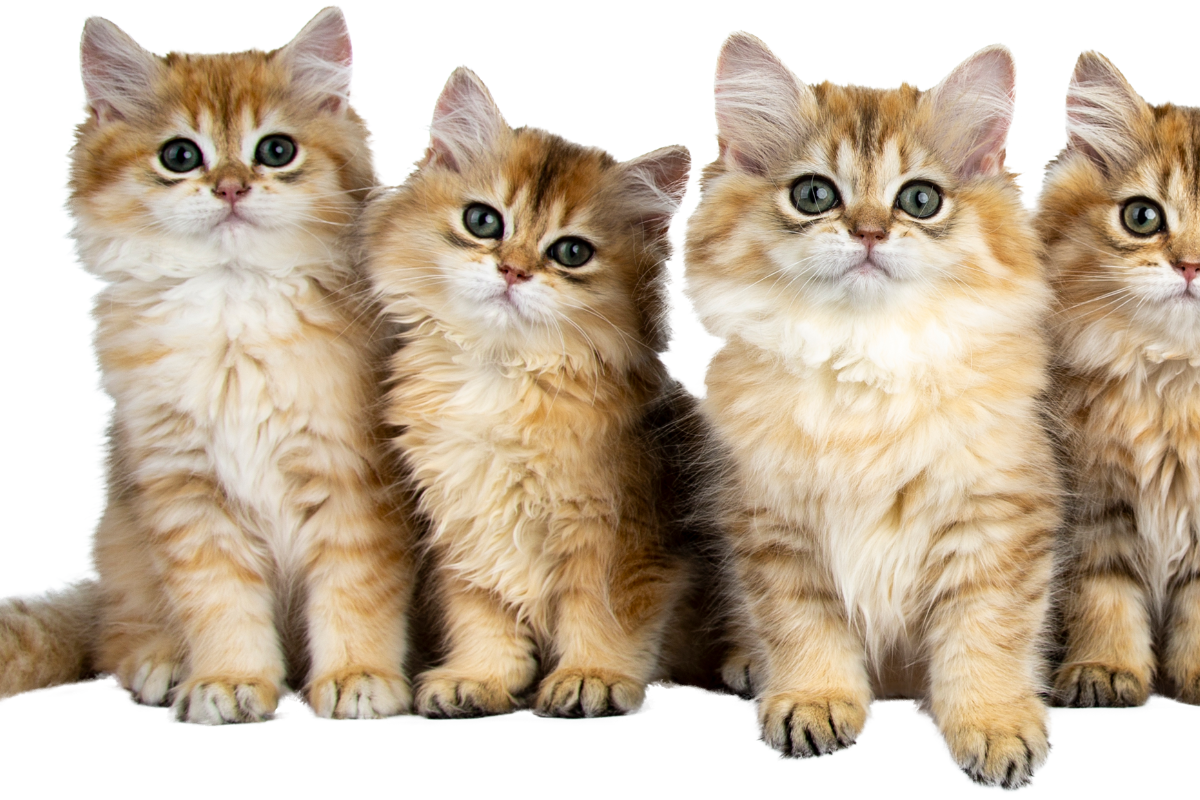Ragdoll cats, with their striking blue eyes and silky fur, have captured the hearts of cat lovers worldwide.
Known for their docile and affectionate nature, Ragdolls are a popular choice for families seeking a loving and gentle feline companion.
In this article, we delve into the fascinating world of Ragdoll cats, exploring their history, personality traits, care needs, and more.
History and Origins

The Ragdoll breed traces its origins back to the 1960s in Riverside, California, where a cat named Josephine, believed to be a white Angora/Persian mix, gave birth to several kittens with unique traits.
One of these kittens, named Daddy Warbucks, became the foundation male for the Ragdoll breed.
Ann Baker, a Persian cat breeder, developed the breed and trademarked the name “Ragdoll” to describe their tendency to relax and go limp like a ragdoll when picked up.
Physical Characteristics

Ragdolls are known for their large size and plush fur coat.
They have broad, muscular bodies and striking blue eyes that contribute to their sweet expression.
The coat is semi-long, soft, and requires regular grooming to prevent matting.
Ragdolls come in various colors and patterns, including seal, blue, chocolate, and lilac, with colorpoint, mitted, and bicolor patterns being most common.
Personality Traits

One of the most endearing qualities of Ragdoll cats is their gentle and affectionate nature.
They are often described as “puppy-like” due to their tendency to follow their owners from room to room and enjoy being held and cuddled.
Ragdolls are known for their relaxed demeanor and adapt well to indoor living.
They are social cats that typically get along well with children and other pets, making them excellent companions for families.
Care and Maintenance
To keep Ragdoll cats healthy and happy, regular grooming is essential.
Their semi-long fur should be brushed at least once a week to prevent tangles and reduce shedding.
Additionally, regular dental care, such as brushing their teeth and providing dental treats, helps maintain their oral hygiene.
Ragdolls are prone to obesity, so a balanced diet and regular exercise are crucial to prevent weight gain.
Providing scratching posts and interactive toys can also help keep them mentally stimulated.
Health Considerations
While Ragdolls are generally healthy cats, they may be prone to certain genetic health issues, including hypertrophic cardiomyopathy (a heart condition) and urinary tract problems.
Regular veterinary check-ups are important to monitor their overall health and detect any potential issues early.
Responsible breeding practices can help reduce the risk of genetic disorders.
Training and Socialization
Ragdolls are intelligent cats that can be trained to follow basic commands and even walk on a leash.
They respond well to positive reinforcement techniques, such as treats and praise.
Early socialization is important to help them feel comfortable around new people and environments.
Ragdolls thrive on companionship and enjoy interactive play sessions with their owners.
Conclusion
In conclusion, Ragdoll cats are beloved for their affectionate personality, striking appearance, and gentle demeanor.
Whether lounging on a sunny windowsill or snuggling up with their owners, Ragdolls bring joy and companionship to any household.
By understanding their unique characteristics and providing proper care, Ragdoll owners can ensure a fulfilling and enriching relationship with these wonderful feline companions.
This article aims to provide a comprehensive overview of Ragdoll cats, covering their history, characteristics, care needs, and more.
Let me know if there are any specific details or sections you’d like to expand on!






Leave a Reply